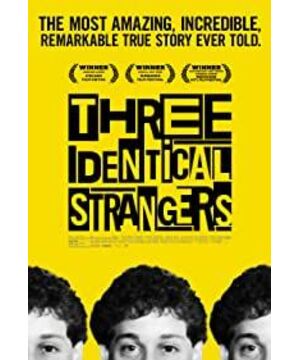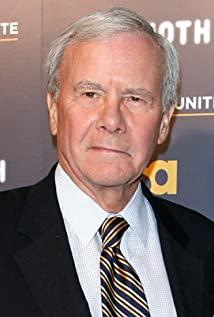200228 /
It's so strange, I feel that everyone in the hot comment didn't see the same ending to me. At the end of the film, a variety of perspectives have clearly been presented, and the editing has not been deliberate. It has neither concluded Nature vs Nurture nor put the content here, but returned to the moral issue, that is, the speeches of the last two. At the end of the curtain, the phrase "making it possible to meet another self at the corner (to the effect)" is indeed sensational, but it is not unreasonable to understand it as irony. After all, the previous article has repeatedly emphasized that this Disney-style fantasy development is artificial. manipulated.
As for "the focus of the film should be on criticizing this experiment, rather than proposing Nature vs Nurture", I think it is really a sensational masterpiece, and it is very shallow and one-sided. The content of this film is quite multi-layered. To criticize the experiment, it is necessary to mention the purpose of the experiment and the chronological background, and it is just describing these. Although I don’t know much about this aspect, I can roughly explain the reason why American psychology and sociology experiments in the last century, such as this experiment and the Stanford Prison Experiment, are always accompanied by ethical issues: that would be the new rise in these disciplines. In the period of 2009, many rules have not yet been formed, and it takes time to mature. Over time, problems have arisen. Therefore, the United States has added a lot of targeted bills, and has established the Institutional Review Board, which is still important to this day. It is directly managed by national institutions and is used to discuss ethical issues. Absolute power prohibits experiments with high risks on the moral level (similar organizations did not appear in the 1960s); the zz problem mentioned in the movie is also talking about the whole system, so there are various speculations about "not publishing research results" It's not really a "conspiracy theory" that can be summed up.
But I have to say, as more truths are discovered, I feel a chill. How many cruel "novelty" and "landmark" attempts can one come up with without restraint, to separate biological siblings, to deceive adopters, to hide known urgent problems as children grow up, to use others People were born to test the truth, and no one felt guilty at the time—something people can't imagine today. Archives sealed for more than a century is a great silent oath: although I seem to be protecting the subjects, in fact, I just want to wait until I hang up before being scolded. After all, the remaining price cannot penetrate the soil and the coffin board. Bar.
In general, I think the amount of information in this film is large enough, the attitude is not biased, and many problems are brought to the fore, which is a good introduction guide for those who don't know it. However, as a video of only one and a half hours (even compressed), there are too many doubts and contradictions in the face of the topic, its time is limited, and its presentation method is also limited. a documentary.
I appreciate the rigorous little brother who writes articles for The New Yorker. For what he wants to tell, he will look for authoritative evidence in the field and research papers. This is also the perseverance I want to have
View more about Three Identical Strangers reviews











